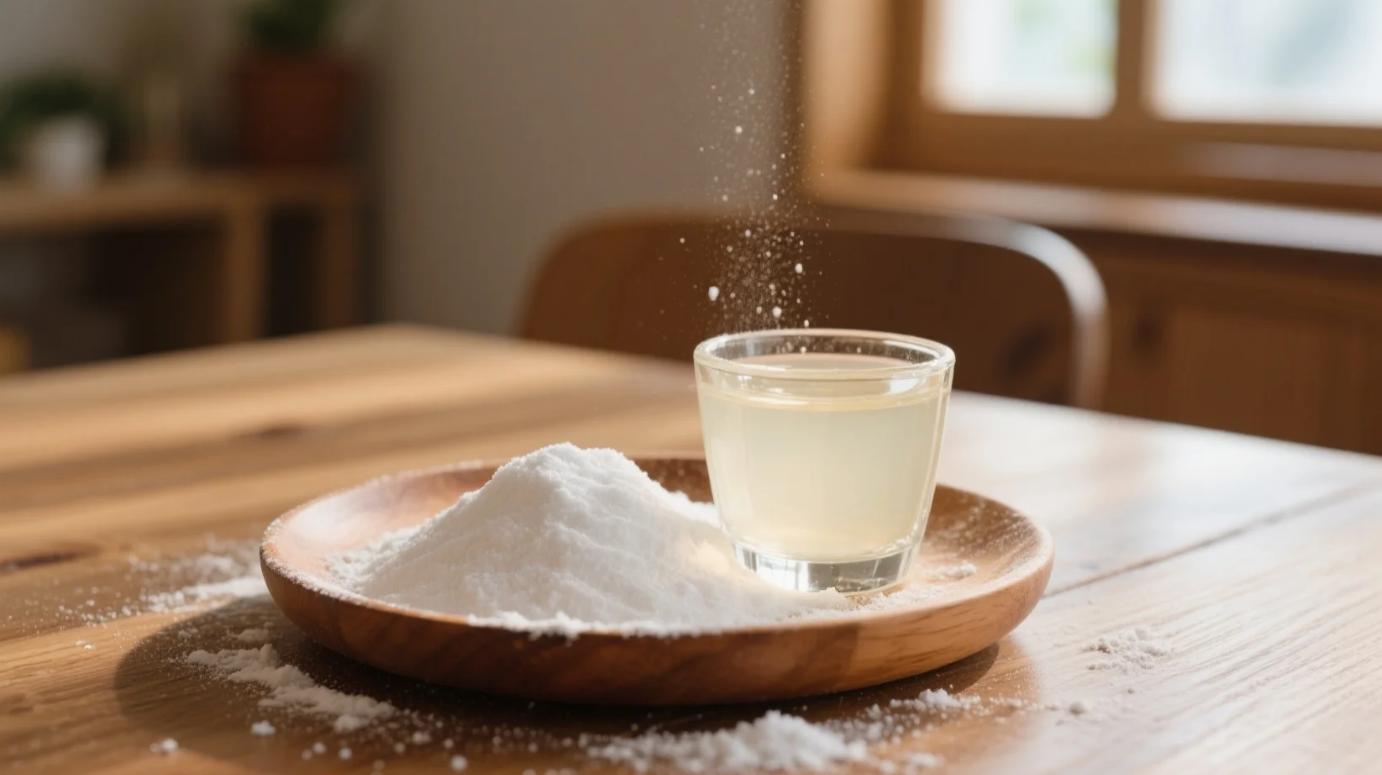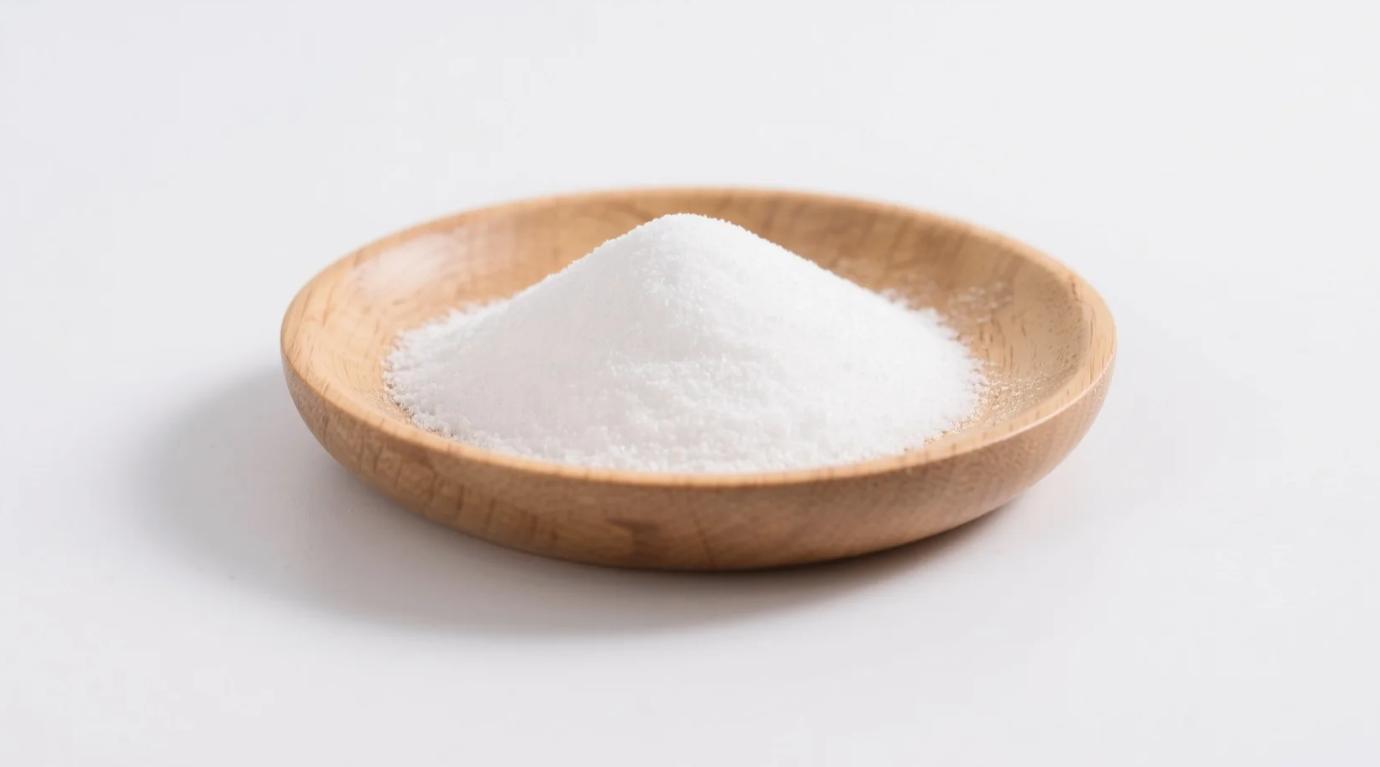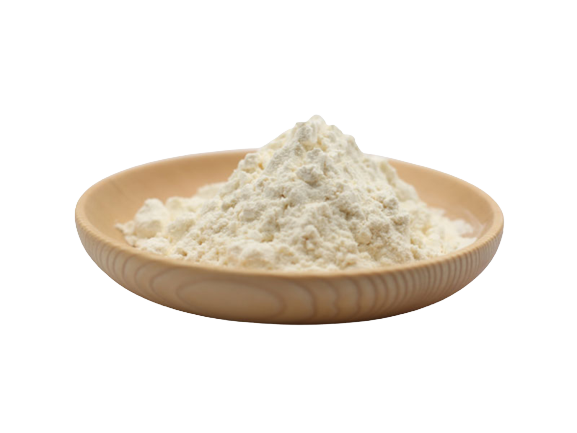Fructose, often dubbed “fruit sugar,” is a natural sweetener found in fruits, honey, and root vegetables. But when isolated into sweeteners like organic fructose syrup and organic fructose powder, does it deserve its controversial reputation? Let’s separate fact from fearmongering and explore how organic fructose can fit into a balanced diet.
Fructose 101: Natural vs. Processed
- Natural Fructose: Found in whole fruits (paired with fiber, vitamins, and antioxidants).
- Processed Fructose: Industrially extracted, often from corn (e.g., high-fructose corn syrup, or HFCS).
- Organic Fructose: Derived from organic sugarcane or fruits, free from synthetic pesticides and GMOs.
Organic Fructose Syrup vs. Powder: What’s the Difference?
| Factor | Organic Fructose Syrup | Organic Fructose Powder |
|---|---|---|
| Form | Liquid, viscous texture | Fine, crystalline powder |
| Use Cases | Beverages, baking, sauces | Baking, smoothies, dry mixes |
| Sweetness | 1.2x sweeter than table sugar | Same sweetness as syrup |
| Glycemic Index (GI) | Low (19–23) due to slow absorption | Similar low GI |
Is Fructose Bad for You? 3 Myths Debunked
Myth 1: “All Fructose Is as Harmful as HFCS”
- Truth: HFCS (55% fructose + 45% glucose) is linked to fatty liver and insulin resistance when overconsumed. Organic fructose syrup, however, is pure fructose (no added glucose) and minimally processed, reducing metabolic strain.
Myth 2: “Fructose Causes Weight Gain”
- Truth: Excess calories from any sugar cause weight gain. Organic fructose’s low GI helps stabilize energy levels, reducing cravings when used mindfully.
Myth 3: “Fructose Is Toxic to the Liver”
- Truth: Whole fruits’ fructose is harmless. Isolated fructose can stress the liver in large doses (>50g/day), but organic fructose powder is designed for moderation (e.g., 5–10g per serving).
When Is Organic Fructose a Smart Choice?
- Athletes & Active Lifestyles: Fructose replenishes liver glycogen faster than glucose.
- Diabetics (In Moderation): Its low GI avoids blood sugar spikes (consult your doctor).
- Clean-Label Recipes: Organic fructose syrup replaces corn syrup in granola bars or glazes.
Why “Organic” Matters for Fructose
Non-organic fructose often comes from GMO corn or pesticide-laden crops. Certified organic ensures:
✅ No synthetic pesticides or glyphosate
✅ Non-GMO sourcing (from organic sugarcane or fruits)
✅ Eco-friendly processing (no chemical bleaching or sulfites)
How to Use Organic Fructose Safely
- Baking: Substitute 1 cup sugar with ¾ cup organic fructose syrup + reduce liquid by ¼ cup.
- Pre-Workout Fuel: Mix 5g fructose powder with electrolytes for sustained energy.
- Fermentation: Ideal for kombucha or mead (yeast metabolizes fructose efficiently).
Daily Limit: Stick to ≤30g isolated fructose (≈6 tsp syrup or powder).
Who Should Avoid Fructose?
- Fructose Intolerance/Hereditary: Inability to metabolize fructose causes bloating, pain.
- Low-FODMAP Diets: Fructose malabsorption may trigger IBS symptoms.
- Ultra-Keto Diets: Prioritize non-sweeteners like stevia or monk fruit.
Fructose vs. Other Sweeteners
| Sweetener | Glycemic Index | Liver Impact | Best Use |
|---|---|---|---|
| Table Sugar (Sucrose) | 65 | Moderate (if excess) | General baking |
| HFCS | 73 | High | Processed foods |
| Organic Fructose | 19–23 | Low (in moderation) | Energy bars, hydration |
| Honey | 58 | Low-Moderate | Teas, dressings |
FAQs
Q: Can I cook with organic fructose at high temps?
A: Yes! Fructose caramelizes at 230°F (110°C), perfect for glazes and candies.
Q: Does organic fructose taste like fruit?
A: No—it’s neutral, unlike honey or maple syrup.
Q: Is it safe for kids?
A: Yes, but limit to ≤15g/day to avoid displacing nutrient-rich foods.
Q: Shelf life?
A: Syrup: 1 year; Powder: 2 years (store in cool, dry places).
Ready to Sweeten Smarter?
Organic fructose syrup and powder offer a low-GI, planet-friendly way to enjoy sweetness without the guilt. Whether you’re fueling workouts or crafting clean-label treats, choose organic fructose—nature’s sugar, upgraded.
Sweetness with sense—nourish your body, respect the earth.
Related Products
Organic Fructose
Dual-Format Natural Sweetener for Clean-Label & Low-Glycemic Formulations
Organic Monk Fruit Extract Powder
Zero-Calorie Natural Sweetener for Clean-Label Food, Beverage & Supplement Applications


